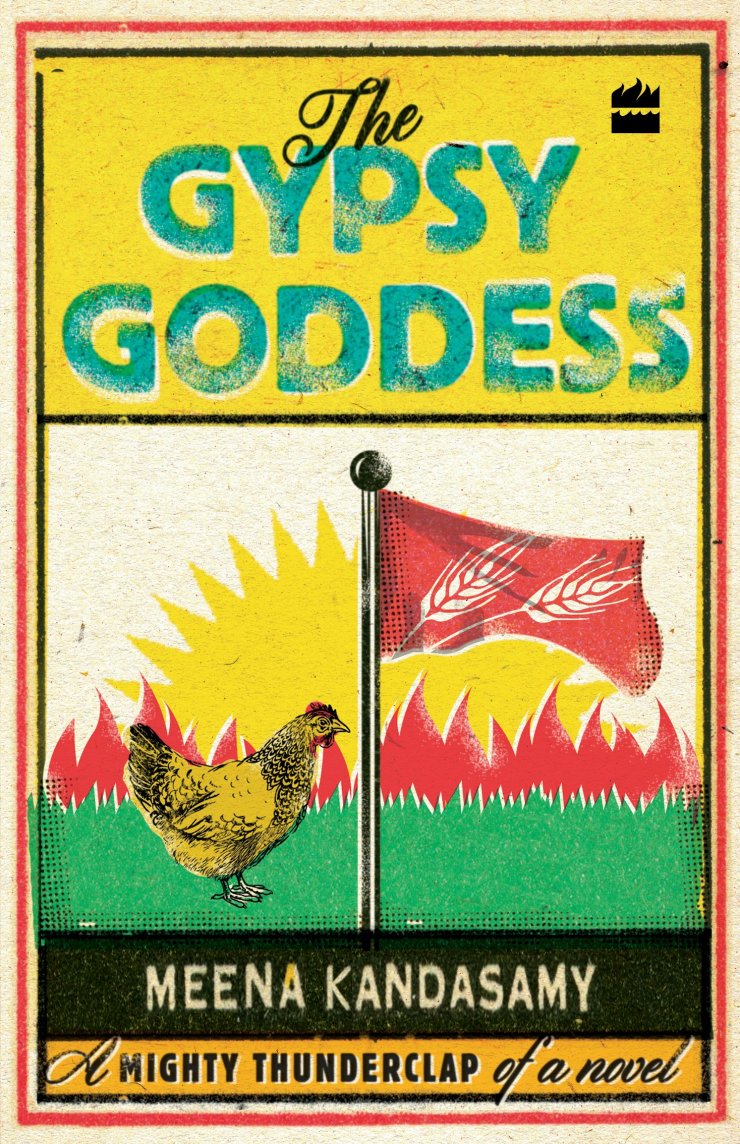As long as Caste lives: Book Review of The Gypsy Goddess by Meena Kandasamy
The Gypsy Goddess marks a moment in history as one of the first Dalit novels written in English. Meena Kandasamy has a doctorate in socio-linguistics and her academic background is apparent in the book’s ideation of writing itself, referencing, in the most desi way possible, ‘Derrida-Shmeridda’ (39) to put the reader at ease with the postmodern novel.
Dalit prose has so far mostly emerged as autobiography. The autobiography has afforded writers from Om Prakash Valmiki to Sujata Gidla the space to be unabashed, to deploy the power of narrative to will to the fore, the lives that exist in the trenches of Indian cultural life and politics. The autobiography commands a credibility that the traditional novel cannot and which the aim of Dalit writing demands: a recognition of the writer’s truths. It is not surprising then that the Gypsy Goddess has become a novel on the condition that it be non-fiction, and be acutely aware of the trappings of forms and language, experimenting with both until the story be told justly. The novel is penetratingly conscious of the reactions of the reader: she is commanded not to abandon the book at drab details, made wary of feeling complacent or ‘woke’ for her familiarity with this small village, urged to think how her politics is changing with each passing chapter. In fact, the dialogue with the reader is the most consistent theme of the book. Continue reading “As long as Caste lives: Book Review of The Gypsy Goddess by Meena Kandasamy”

